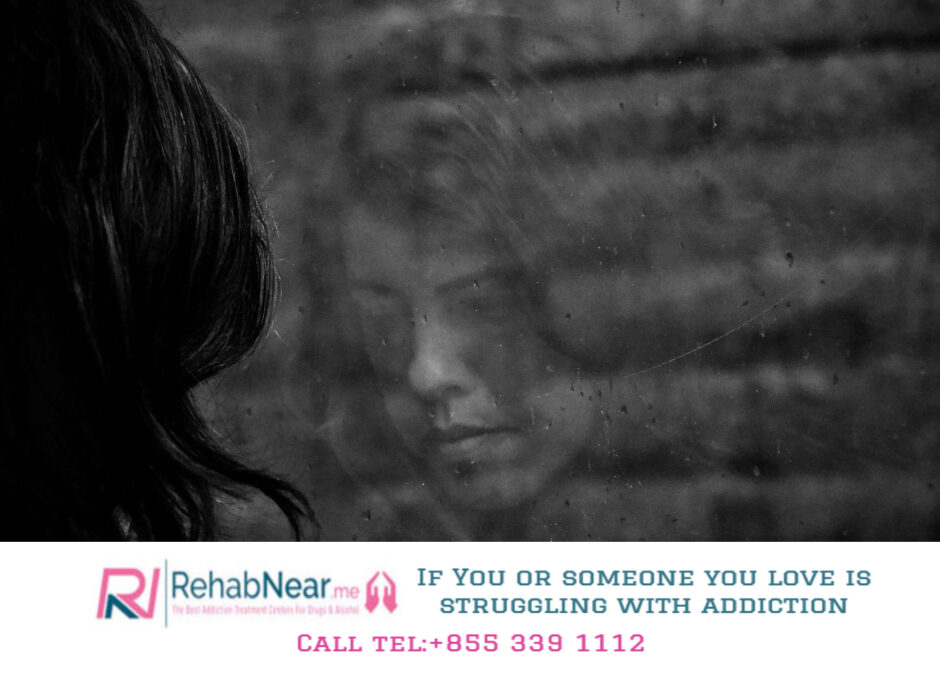Navigation: Flakka Overview, Flakka Abuse and Addiction
Some people may have heard of the incident in 2012 where a Miami man ate the face of another man in broad daylight. After being told by police to stop, the man only growled like an animal, which forced the officer to shoot the attacker.
This incident is how Flakka received its reputation as a so-called “zombie drug”. Toxicology tests later revealed that the attacker did not actually have Flakka in his system, which means that the drug had nothing to do with the person’s cannibalistic behavior.
Still, Flakka maintains its reputation as the “drug that turns you into a zombie”. In some ways, this is actually a good thing because it deters a lot of people from taking the drug. Despite not being an actual zombie drug, Flakka is still highly dangerous, and should not be used by anyone.
Flakka Overview
Flakka is a synthetic stimulant that is highly dangerous and addictive. It is made from a synthetic version of a stimulant called alpha-PVP, and it can cause users to become “hyperstimulated” to the point of losing touch with reality. The drug can also cause paranoia, delirium, and other severe psychological effects.
Synthetic cathinones are chemically related to cathinone, a substance that is found in the khat plant. This plant is grown in East Africa where its leaves are occasionally chewed by people who want to experience its stimulant effects.
Synthetic cathinones were involved in over 20,000 visits to the emergency room back in 2011. Since reports have come out that Flakka is a “zombie drug”, public fear of the substance has risen.
Flakka is very similar to bath salts—another common street drug that is usually snorted, injected, or smoked. In fact, their effects on users are nearly similar. They can cause panic attacks, paranoia, and an increased sex drive. Abusing either drug can easily lead to overdose and death.
Flakka and bath salts are even sold in a similar way. They are typically sold by drug dealers as jewelry cleaner or plant food and labeled “not for human consumption”.
The differences are in terms of chemical structure. One study showed that Flakka and bath salts are almost equal in terms of addictive potential.
Flakka Abuse and Addiction
It is possible to develop an addiction to Flakka, and those who do become addicted are at great risk for death. In fact, Flakka quickly became a Schedule I drug, which means it has a high abuse potential and no medical value.
With all of its potential consequences, it’s hard to imagine why people would put themselves at risk just to consume this drug. But one of the factors that make it appealing to recreational users is its affordability. While cocaine can cost up to $80 per gram, Flakka only costs $3 to $5. It is cheap and easily obtainable, which is why it is very popular among college students and those in the low-income populations.
Flakka, once taken, also makes the user feel euphoric. They feel stimulated and focused. They even become more sociable. However, as the high wears off, the user starts feeling the need to increase their intake just to keep the high going. The high can last up to 5 hours.
Some Flakka users have committed suicide due to the psychological effects of the drug. Abusing this drug can also lead to self-injury, aggression, and violent episodes.
Flakka also has physical effects such as liver failure, hypertension, narrowing of blood vessels, heart attack, stroke, aneurysm, and death. It has a high risk of overdose no matter what the method of administration.
And the worst part is that addicted individuals will continue abusing the drug even when they are already experiencing its consequences. Addicted people tend to prioritize the drug over everything else, and so they will neglect their responsibilities just to keep taking the drug. They will quickly lose interest in things they used to enjoy while also putting their own lives at risk.
Right now there are no treatment medications available for Flakka addiction, but behavioral therapy can help.
If someone in the family is struggling with drug or alcohol addiction, it is important to seek help. A combination of medical detox and behavioral therapy can go a long way in the fight against substance abuse. Because every individual is affected by addiction differently, a comprehensive program tailored to their specific needs is necessary. Look for a nearby addiction treatment facility today and find out how drug treatment programs work.
Zombie Drug: What You Need to Know About Flakka https://t.co/xBH4x7wUw9 #rehabnearme 855-339-1112
— RehabNearMe (@RehabNear_Me) May 9, 2024








